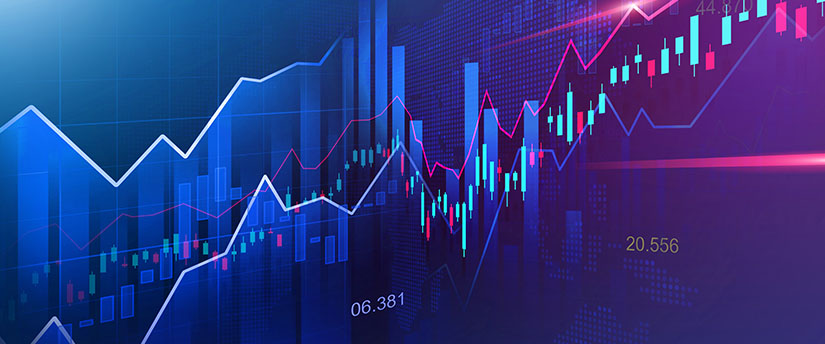The integration of artificial intelligence (AI) into the realm of online trading is revolutionizing investment strategies and reshaping the future of financial markets. With sophisticated algorithms and machine learning capabilities, AI is offering investors powerful tools to analyze data, identify patterns, and make informed decisions. In this article, we explore how AI is transforming online investments and what the future holds for this dynamic intersection of finance and technology.
**1. Predictive Analytics:**
AI algorithms analyze vast amounts of historical and real-time market data to identify patterns and trends. This predictive analytics capability allows traders to anticipate potential market movements, enabling them to make more informed investment decisions.
**2. Algorithmic Trading:**
Algorithmic trading, or algo-trading, leverages AI to execute trades based on pre-defined criteria. These algorithms can analyze market conditions at speeds beyond human capabilities, executing trades with precision and efficiency. Algo-trading strategies include trend following, mean reversion, and statistical arbitrage.
**3. Sentiment Analysis:**
AI tools analyze social media, news articles, and other online sources to gauge market sentiment. By understanding public perception and reactions, traders can gain insights into potential market movements and adjust their strategies accordingly.
**4. Risk Management:**
AI plays a crucial role in risk management by assessing portfolio risk and identifying potential vulnerabilities. Advanced risk models powered by AI help traders optimize their portfolios, ensuring a balanced approach that aligns with their risk tolerance and investment goals.
**5. Natural Language Processing (NLP):**
NLP enables AI systems to understand and interpret human language. In the context of trading, NLP is utilized to analyze financial news, earnings reports, and analyst sentiments. This allows investors to quickly digest and respond to relevant information that may impact their investment decisions.
**6. Pattern Recognition:**
AI excels at pattern recognition, identifying complex and subtle patterns in market data that may be imperceptible to human analysts. This capability enables traders to spot potential opportunities or threats in the market with a higher degree of accuracy.
**7. Automated Portfolio Management:**
AI-driven robo-advisors provide automated portfolio management services. These systems use algorithms to assess an investor’s risk profile and financial goals, creating and managing a diversified portfolio on their behalf. This democratizes access to professional-grade portfolio management for a broader audience.
**8. Real-Time Decision-Making:**
The speed at which AI processes information allows for real-time decision-making. Traders can receive instant insights, execute trades promptly, and react swiftly to changing market conditions, reducing the impact of delays in decision implementation.
**9. Enhanced Efficiency and Accuracy:**
AI eliminates the limitations of human processing capacity and emotional biases. By automating complex tasks and calculations, AI enhances the efficiency and accuracy of trading strategies, reducing the likelihood of errors and improving overall performance.
**10. Continuous Learning and Adaptation:**
AI systems are designed to continuously learn from new data and adapt to evolving market conditions. This adaptability ensures that trading strategies remain relevant and effective in dynamic financial landscapes.
In conclusion, the integration of artificial intelligence in online trading is not just a trend; it’s a transformative force shaping the future of investments. As AI continues to evolve, investors can expect increasingly sophisticated tools that provide deeper insights, more efficient trading strategies, and a level of automation that enhances overall portfolio management. The future of online investments is undeniably intertwined with the advancements and capabilities of artificial intelligence, marking a new era in the way we approach and engage with financial markets.
